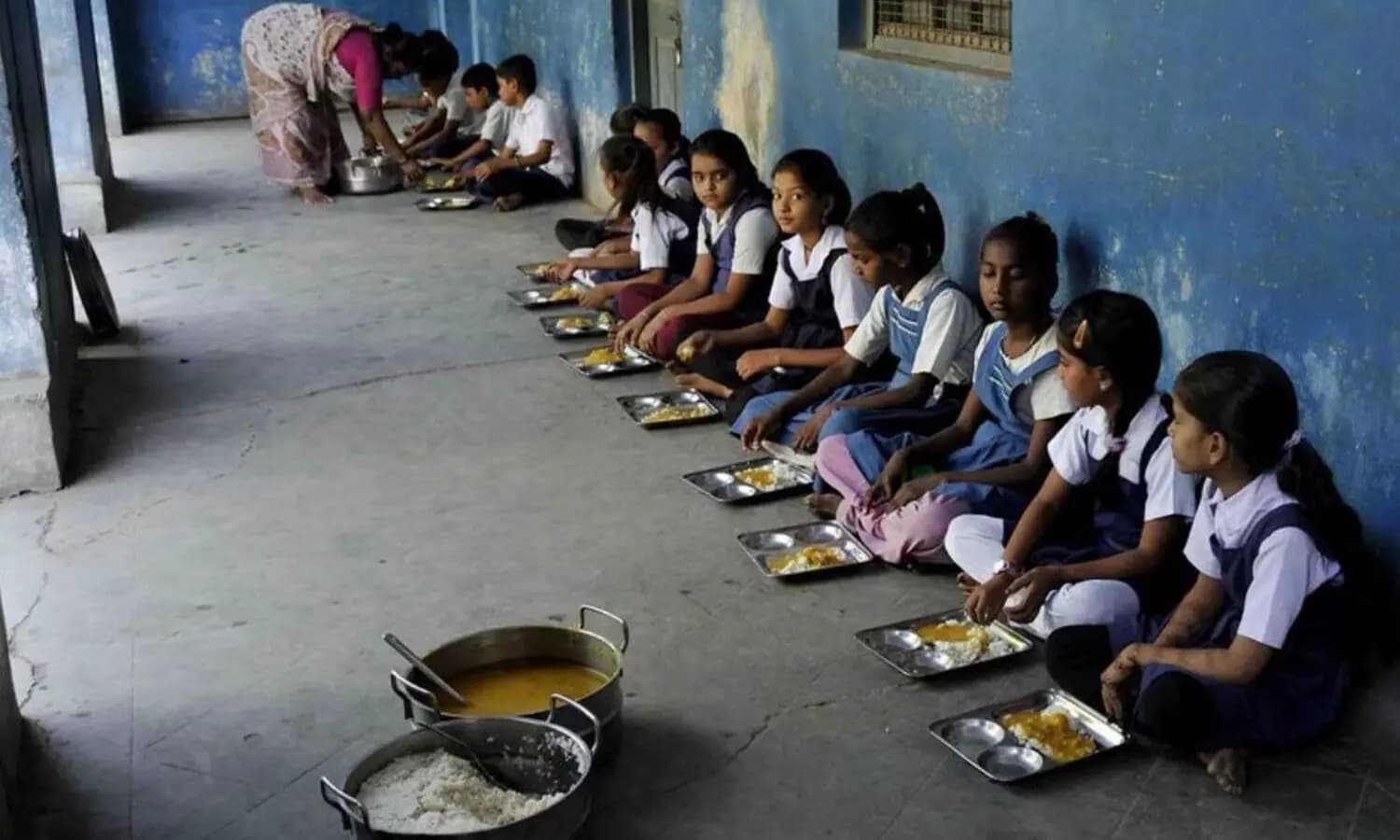“These people have endured displacement and hardship for over six decades. This initiative is not merely about land transfer; it is about acknowledging their struggle and restoring dignity,” the chief minister said, according to a statement.
He emphasised that officials must deal with these families with “empathy and due respect.” According to officials, thousands of families migrated from East Pakistan between 1960 and 1975 and were resettled in several villages across the four districts.
While agricultural land was allocated to many families through transit camps in the early years, due to legal anomalies, record mismatches, and bureaucratic hurdles, most were never granted formal land titles.
Several of these cases involve land being recorded under forest department ownership, pending mutation processes, or lack of actual possession, leading to uncertainty for the occupants.
In some villages, refugees built permanent homes and cultivated land for decades, but their names still do not appear in official land records. In others, families originally settled have either moved or ceased to exist, complicating claims.
Highlighting the need for legal clarity, Adityanath said that earlier allotments under the now-repealed Government Grants Act should be reviewed in the current legal context to explore new avenues for resolution.
The 2018 repeal of the law has left many such cases in legal limbo, he said. “In cases where land ownership cannot be regularised due to technical reasons, suitable alternative land must be identified.
“This is about ensuring a dignified life for people who have long awaited recognition as rightful citizens,” Adityanath said. PTI ABN VN VN




